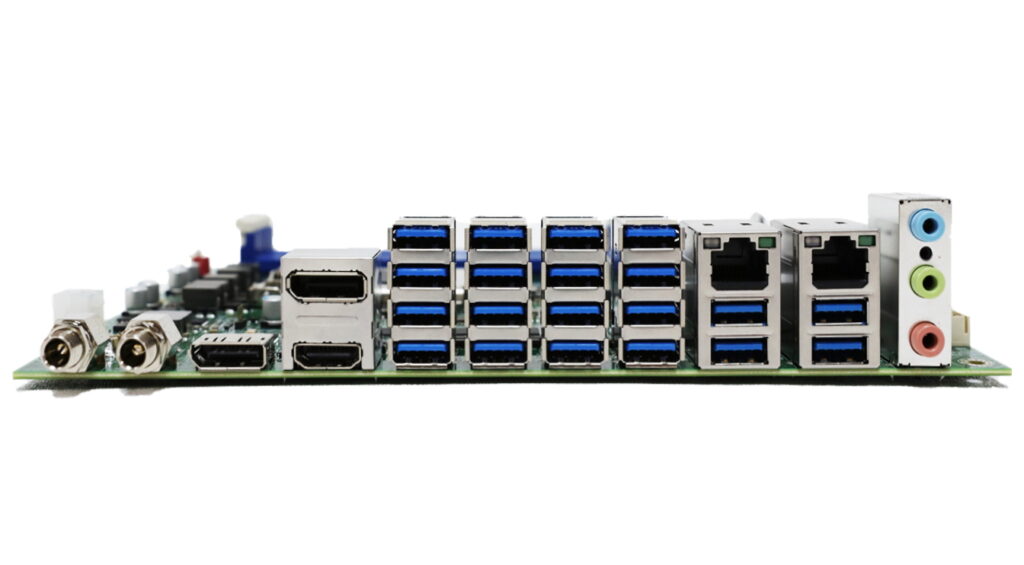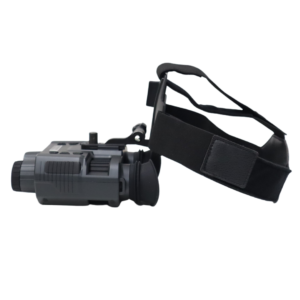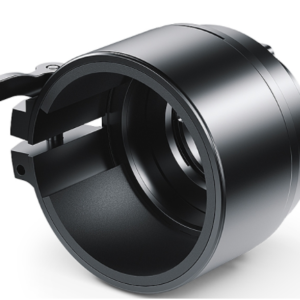How Many USB Devices Can A Motherboard Handle?

Most modern-day motherboards come with several USB pin headers that facilitate connection to front-mounted USB devices ports on the system case. Usually, a header contains ten pins set in two rows of five. Some motherboards may contain one or two redundant pins marked NC, for no contact. On other motherboards, one pin may likely be missing in either one or both the rows. Regardless, a motherboard can connect more than a couple of USB connectors at a time.
Number of USB Devices a Motherboard can Handle
Technically, you can have an unlimited number of host controllers. However, based on the device, the number of buses, and the usage of attached devices, it is likely that the USB bus will limit the connection to 127 devices.
Experts say that it is not actually 127 per USB socket, it’s per controller. There will be 2-4 sockets per controller on the PCs, even though the controller can support up to 6 sockets. In the case of notebooks and laptops, the hardware design usually allows fewer sockets per controller. This is primarily because of the space limitations on these devices.
You must also understand that this is not Operating System dependent. Furthermore, if your USB devices do not come with their power supply, you will likely be able to connect fewer USB devices to the motherboard. The limits will be breached sooner as there is a limit to the power the system can supply. However, if you have active USB hubs that have their own power supply, you can stretch the numbers a little more.
USB Connectors
If you wish to connect several devices directly to your motherboard, you should get a motherboard with enough ports so that each device can have its own port. Most of the devices can use a single port interchangeably. So, if you don’t need to plug in all the devices at a time a couple of ports should be enough.
However, it would limit the amount of data. For instance, in the case of a USB 2.0 port, the limit is 60 Mbps and 500 mA. But the corresponding figure for a USB 3.0 port will be 640 Mbps and 900 mA. You are unlikely to hit the limits when using devices such as keyboard, mouse, headsets, dongles, camera, printer, and the like in a single port. However, you might go over the limit if you add a speaker and headset charger to a single port.
Conclusion
In short, a USB host can support up to 127 devices in a tiered formation. However, you will run out of bandwidth if you use too many devices at once. You could also run out of power if you plug in too many devices at a time. A USB device might require up to 500mA, but a non-powered hub might not be able to supply that much power, especially if there is more than one device connected to it. Using powered USB hubs can solve this problem.
If you are looking for high-quality USB connectors for your business at affordable prices, check out the huge range of RS Components USB connectors or visit other popular retailers online.





